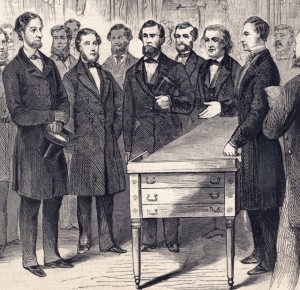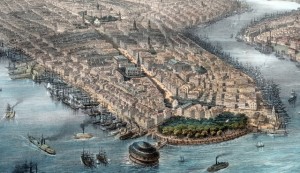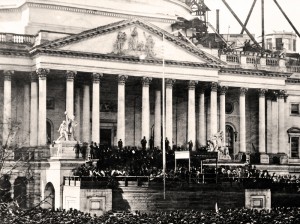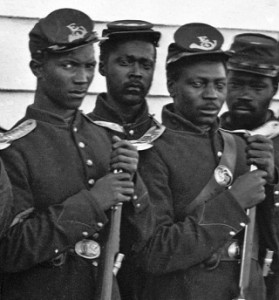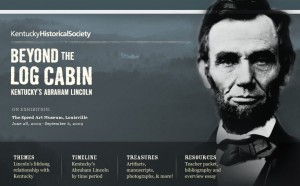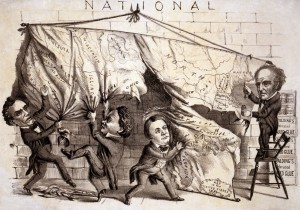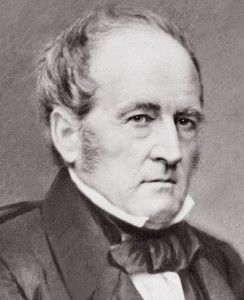 One hundred fifty years ago today the Chicago (IL) Tribune published excerpts from two Kentucky newspapers that condemned former US Senator John Bell for announcing his support for the Confederacy. Bell was the Constitutional Union Party’s candidate for President in 1860 and he had opposed secession after Abraham Lincoln’s victory. Yet in April 1861 after the attack on Fort Sumter and President Lincoln’s call for 75,000 troops Bell changed his mind. In a speech in Nashville Bell had been “clear and loud to every Tennessean – to arms! to arms!” Not only did the speech prove that Bell was “a rank secessionist, but a traitor and a coward” as the Tribune explained. In addition, the Tribune included excerpts of two editorials from papers based in Lexington, Kentucky. The Journal had supported Bell in the 1860 election and now noted that “we cannot but recall the striking advice given by some prudent sage – ‘Never praise a man till he is dead.’” The Democrat, which argued that Bell “never had brains enough to stand up in a storm,” also condemned Bell and concluded that:
One hundred fifty years ago today the Chicago (IL) Tribune published excerpts from two Kentucky newspapers that condemned former US Senator John Bell for announcing his support for the Confederacy. Bell was the Constitutional Union Party’s candidate for President in 1860 and he had opposed secession after Abraham Lincoln’s victory. Yet in April 1861 after the attack on Fort Sumter and President Lincoln’s call for 75,000 troops Bell changed his mind. In a speech in Nashville Bell had been “clear and loud to every Tennessean – to arms! to arms!” Not only did the speech prove that Bell was “a rank secessionist, but a traitor and a coward” as the Tribune explained. In addition, the Tribune included excerpts of two editorials from papers based in Lexington, Kentucky. The Journal had supported Bell in the 1860 election and now noted that “we cannot but recall the striking advice given by some prudent sage – ‘Never praise a man till he is dead.’” The Democrat, which argued that Bell “never had brains enough to stand up in a storm,” also condemned Bell and concluded that:
“And thus John Bell has sunk without a ripple to mark the place where he went down. – As the Judge always says when he sentences a murderer, “May the Almighty have mercy on your soul.”
You can read more about Bell and the secession crisis in the Upper South in Daniel W. Crofts’ Reluctant Confederates: Upper South Unionists in the Secession Crisis (1989). You can listen to this article by clicking on the play button below:
Listen to the Chicago (IL) Tribune article:

